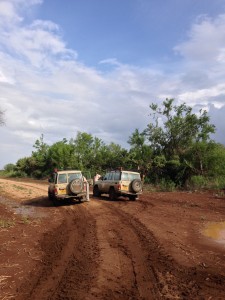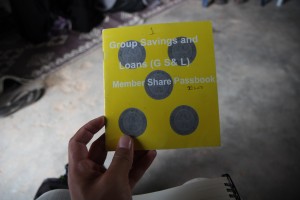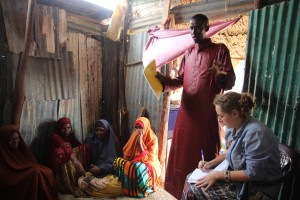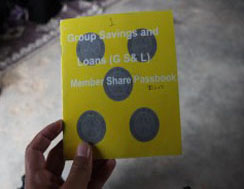By Hitoishi Chakma

In April and November 2014, a team of BRAC from Bangladesh and BRAC USA staff consulted for the Government of Kenya to design and implement a graduation pilot worth almost 5 million USD in Kenya’s arid and semi-arid lands. This pilot is to benefit around 2600 extreme poor clients. Having participated in the second mission, I was able to glean 4 key insights into the world of technical consultancy that you might find helpful.
1. Be prepared to work non-stop, especially during mission. The week or so you have in location, must be spent on the ground, utilising every single minute courting potential partners, understanding clients, and disseminating information among stakeholders. Marathon meetings cannot be helped, and the beverage of choice to help in this regard is Americanos.

2. It is very important that you are absolutely clear with your communication. While you are definitely bringing technical knowledge and skills to the table being technical consultants, a key job here is to relay information to various stakeholders on behalf of your client. In that regard, your expectations in terms of how much responsibility you are willing to take on as a consultant needs to be communicated to the client as well, albeit in a suitable manner. This is all part of managing expectations.
3. You have to be an advocate for your cause. The reason you are a technical consultant is because you have expertise on the subject matter. Once the report is out of the door you cannot just sit back and relax until the next mission. You have to keep working on your arguments, advocating your methods through external blog posts, articles, and also keeping up to date on the latest thoughts in sector. All this work will pay off, when you are on the ground trying to convince an implementing agency to take your advice.

4. You must build a consensus. Not everyone will agree with you. You have to hear their points, and convince the various stakeholders why your way of going forward makes the most sense. Only writing the report and putting out recommendations does not do. The report holds recommendations that all the stakeholders agree on and it is your job in this regard to bring everybody on to the same page. As a result, you have to understand the geographical, political and social landscape of the country that you are working in, the different stakeholders’ perspectives, and be able to articulate why your recommendations make sense, given that context.
Hitoishi Chakma is a Management Professional with the BRAC Microfinance Research and Development Unit.
